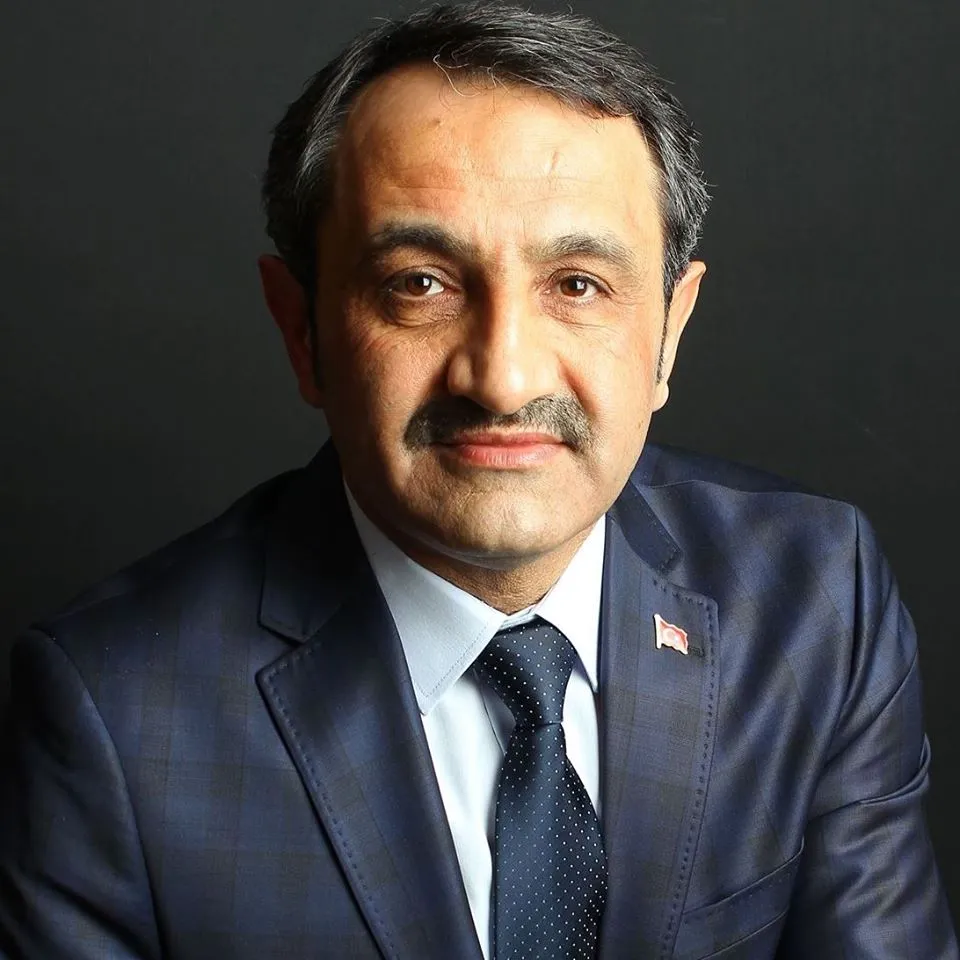
İnsanı insan yapan temel unsurlar; manevi bir değer silsilesine bağlı olması, onun düşünce teriyle kendine uyarlaması ve kendine özgün bir hale getirdiği manevi değerler tabanlı düşünceyi ahlaka dönüştürmesidir.
Düşünce, hem sahip olan iman ve inanç esaslarını olgunlaştırmak hem de o inanç esaslarının amel ve ahlaka dönüştürülmesinde etkili olan en temel süreçtir.
Düşünce, insanı diğer canlılardan ayıran bariz vasıftır.
Düşünmeyen insan; insan olamaz, insan kalamaz.
Bu önemine binaen Kur’an-ı Kerim’de 76 yerde bizzat düşünme (taakkul/tefekkür/tezekkür/tedebbür) emredilmiştir.
Hz. Peygamber’de “bir saat düşünmenin bir sene nafile ibadetten değerli olduğunu” söylemiştir.
Düşüncenin verimli ve sağlıklı olması için yeni bilgilere açık olma, o bilgilerin sağlamasını yapmak için eleştiriye açık olmak önemlidir.
Günümüzde yüksek oranda kendisini Müslüman olarak deklare eden insanların Protestan bir hayat yaşamlarının en önemli sebebi düşünce yetisini kaybetmeleridir.
Okumayan, yazmayan farklı fikir ve düşüncelere kapısını kapatmış, hayatını “at gözlüğü” ile yaşayan Alzheimer ve Demans düzeyinde yaşayan insanlar her geçen gün artmaktadır.
Sağlıklı düşünce için;
3 okuma,
2 dinleme,
1 yazma,
Bazen konuşma,
Ara sıra paylaşma (sosyal medya) dengesini gözetmemiz gerekir.
Düşünmenin gücüne işaret eden en mühim delillerinden birisi de Kur’an’da Hz. Zekeriya (a.s.) kıssasında anlatılan 3 gün (72 saat) susmanın insandaki mucizevi etkisidir.
Hz. Peygamber’in Hira mağarasında yaptığı da bu mucizevi sırra sığınmaktı
Hira (Düşünce)’sı olmayanın Mekke (inanç esasları)’si, Mekke’si olmayanın Medine (amel/ahlak)’si olmaz.
Belief/Thought/Morality
The basic elements that make a human being human are; being attached to a spiritual value chain, adapting it to himself with his thought sweat and transforming the spiritual value-based thought that he has made unique to himself into morality.
Thought is the most fundamental process that is effective both in maturing the faith and belief principles he has and in transforming those faith principles into action and morality.
Thought is the obvious characteristic that distinguishes a human being from other living beings.
A person who does not think cannot be human and cannot remain human.
Based on this importance, thinking (taakkul/contemplation/tezekkür/tedebbür) is commanded in 76 places in the Quran.
The Prophet Muhammad said that “thinking for an hour is worth a year of voluntary worship”.
In order for thinking to be productive and healthy, it is important to be open to new information and to be open to criticism in order to verify that information.
The most important reason why a high percentage of people who declare themselves as Muslims today live a Protestant life is that they lose their ability to think.
The number of people who do not read, write, close their doors to different ideas and thoughts, and live their lives with “blinkers”, living at the level of Alzheimer and Dementia is increasing every day.
For healthy thinking;
3 reading,
2 listening,
1 writing,
Sometimes speaking,
Occasionally sharing (social media) we need to keep a balance.
One of the most important evidences indicating the power of thinking is the miraculous effect of 3 days (72 hours) of silence on a person, as told in the story of Hz. Zechariah (pbuh) in the Quran.
What the Prophet did in the cave of Hira was to take refuge in this miraculous secret.
Those who do not have Hira (Thought) do not have Mecca (principles of faith), those who do not have Mecca do not have Medina (deeds/morals).